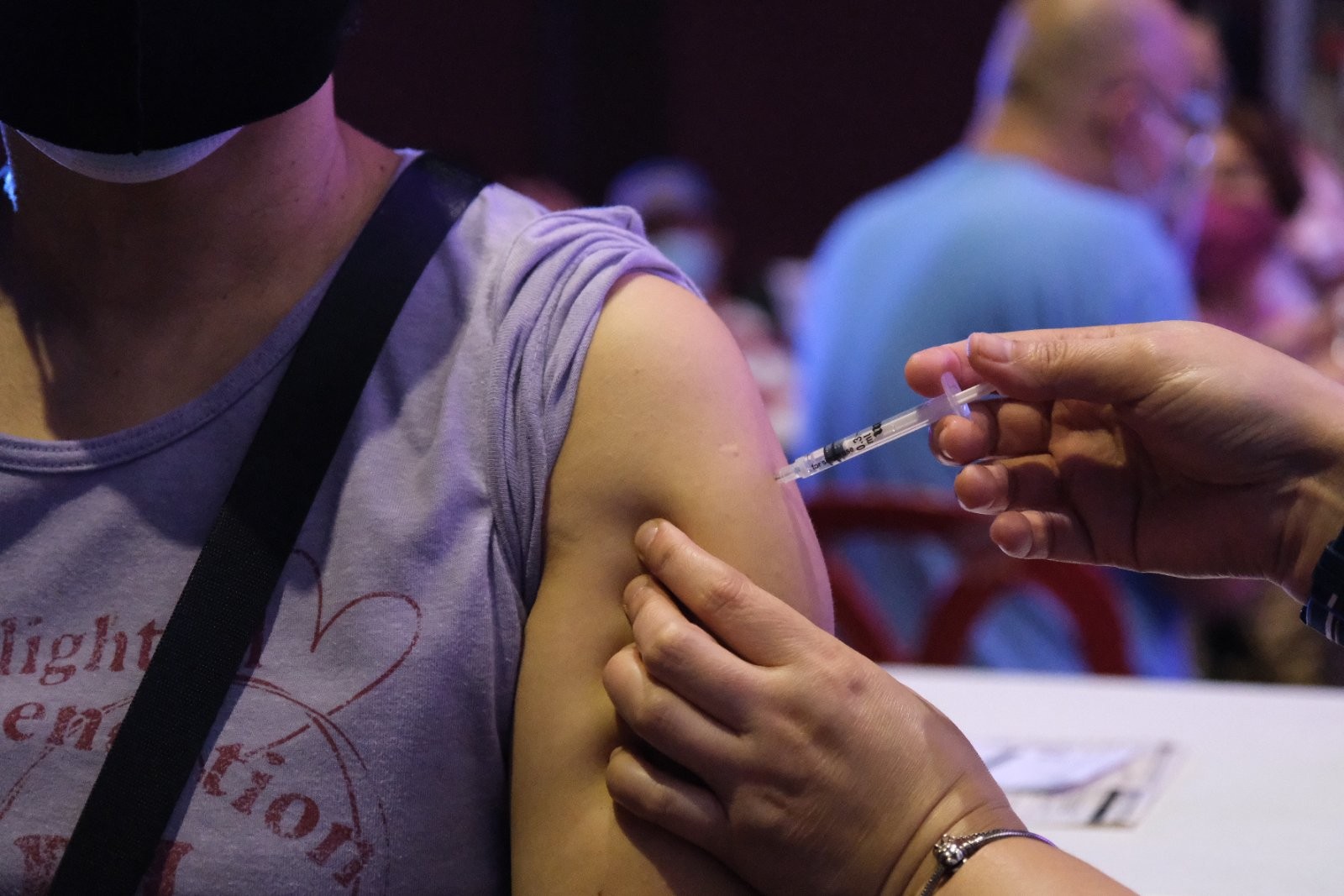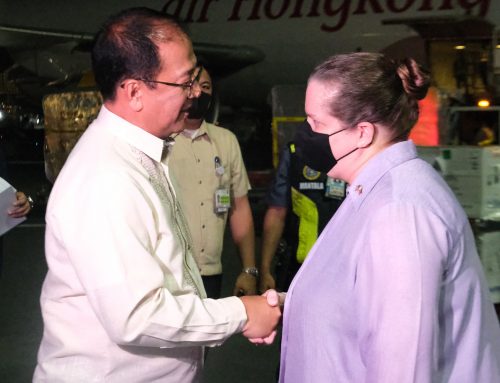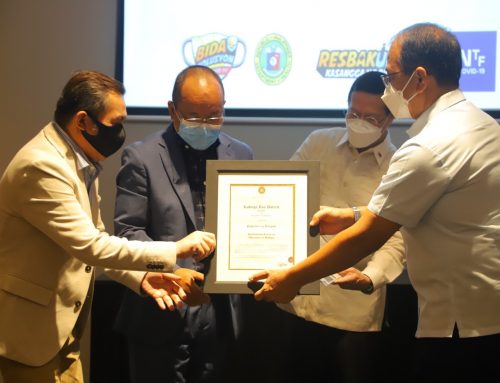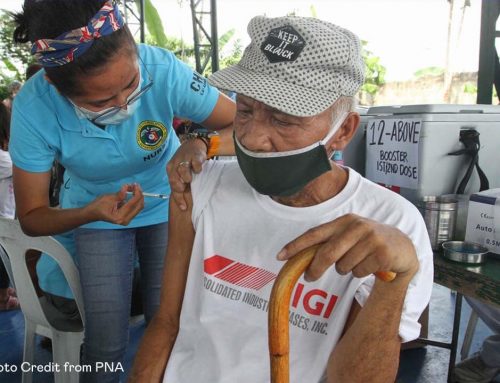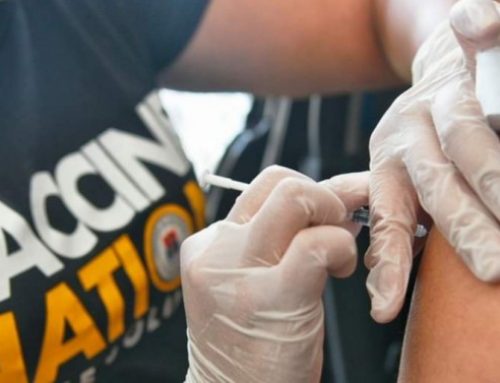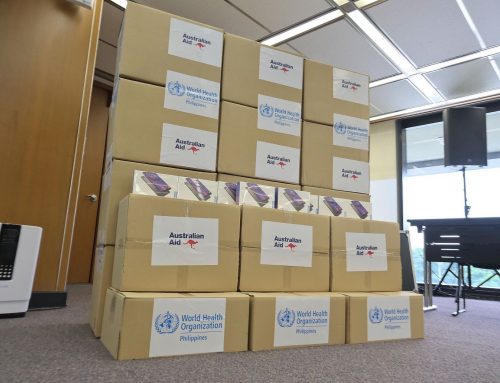MALACANANG (5 January 2022) — The government’s 2022 pandemic strategies will focus on sustaining its aggressive vaccination efforts while strengthening local pandemic response measures, according to National Task Force against COVID 19 Chief Implementer and vaccine czar Secretary Carlito G. Galvez, Jr.
“With our good experiences in handling Delta and different variants by effective PDITR pandemic response, we need to shift our focus now on localized response by enhancing our barangay COVID response system and educate our people on self- management and exercise their individual social responsibility of protecting themselves, their families and communities,” Galvez said during President Rodrigo Duterte’s Talk to the People address aired on Wednesday.
The vaccine czar bared that parallel efforts are being carried out by the national government, regional-level agencies, and local government units in inoculating the unvaccinated and further expanding the coverage of the national vaccination program.
Data from the National Vaccination Operations Center show that around 2.5 million senior citizens remain unvaccinated.
With the emergence of new COVID 19 variants such as Omicron, Galvez emphasized that localized response efforts must be enhanced, noting that empowering barangay leaders is necessary in controlling the spread and preventing local transmissions.
“Despite the upcoming election, our LGUs should remain focused on making the vaccines available to the barangays and cities and maintain their mega sites, but also establishing mobile teams and vaccination sites in each barangay,” Galvez added.
He said that these measures are already being implemented by many local government units and should be replicated in other parts of the country.
Aside from giving the COVID-19 jab to the unvaccinated, the government also aims to ramp up the administration of booster shots to at least 20 million individuals, while preparing for the vaccination of children aged 5 to 11 years old.
Galvez said discussions with Pfizer are now ongoing to fast track the delivery of reformulated vaccines specifically intended for children under the said age group.
He said that expanding the vaccine rollout to the younger population would “further ensure the opening of classes and allow the easing of restrictions to minors.”
The vaccine czar reported that more than 101 million doses of COVID 19 vaccines are stored in warehouses nationwide.
These vaccines, he said, should be efficiently managed by increasing the demand among the people, and at the same time, preventing their wastage.
“Through the NVOC, we are now establishing sustainable ways on how we efficiently manage the day to day administration of vaccines delivered,” Galvez said.
Out of the 217 million secured COVID-19 vaccine doses for 2021, the Philippines has received a total of 210.63 million doses from various manufacturers and other sources.
As of December 31, a total of 108,853,491 doses were administered to more than 61 million Filipinos nationwide, wherein 49.8 million individuals are now fully vaccinated.
Long-term solutions
Meanwhile, Galvez said that increasing the number of beds and manpower capacity of COVID-19 hospitals and facilities is needed to “future-proof” the country’s healthcare system.
He pointed out that the hospital bed utilization rate is a critical factor in determining the alert level of a specific locality.
“We need to maintain higher bed capacities and maintain adequate medical manpower. With the increasing cases of Omicron, we need to activate our manpower resources with the DOH emergency hiring and mobilization of medical students and Armed Services medical auxiliaries,” Galvez said.
He added that deploying reservists from various branches of the armed services such as the AFP, PNP, PCG, and BFP would be beneficial in augmenting the current manpower in health facilities nationwide. END


